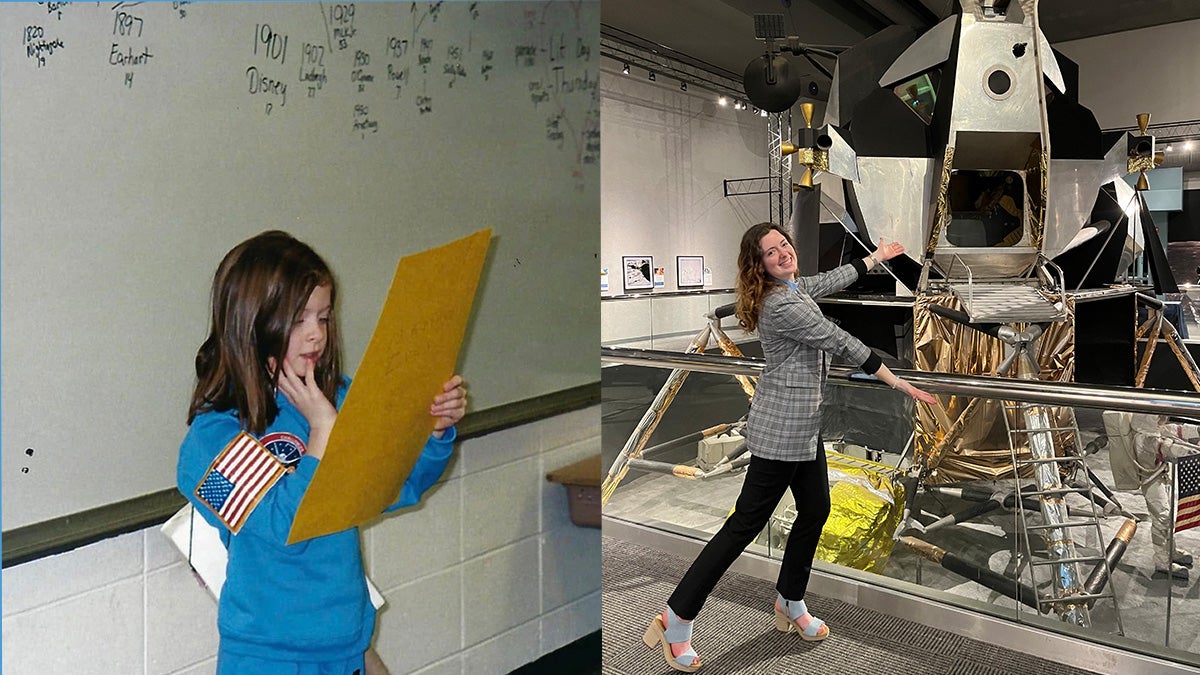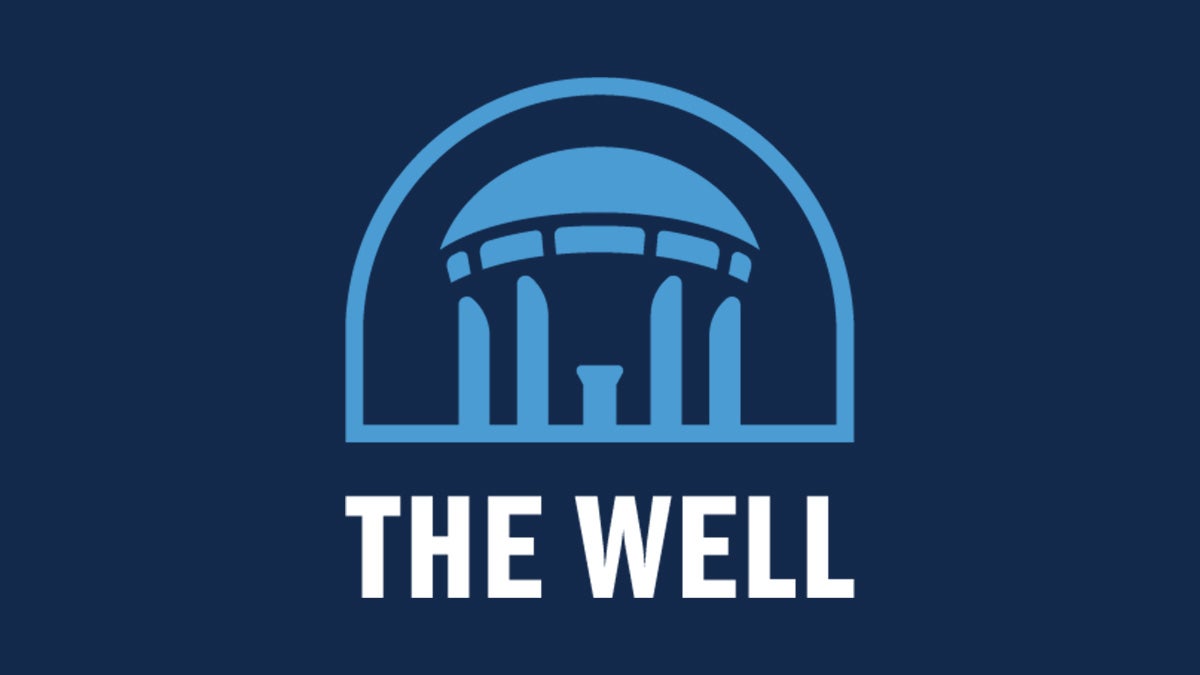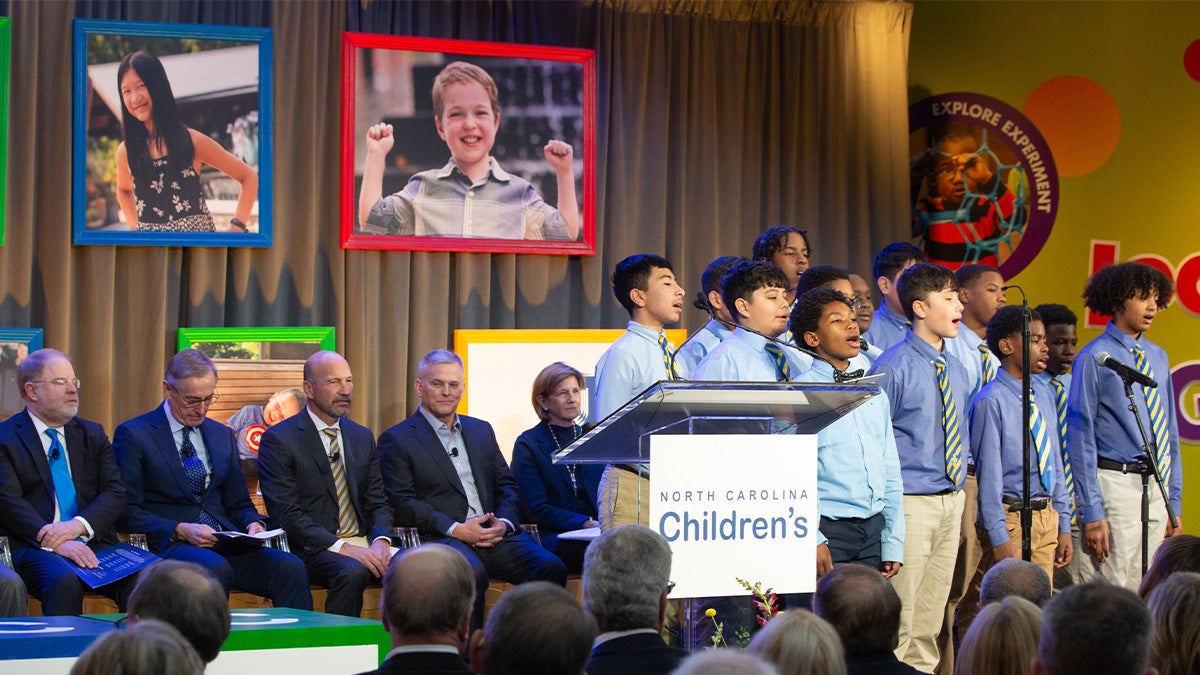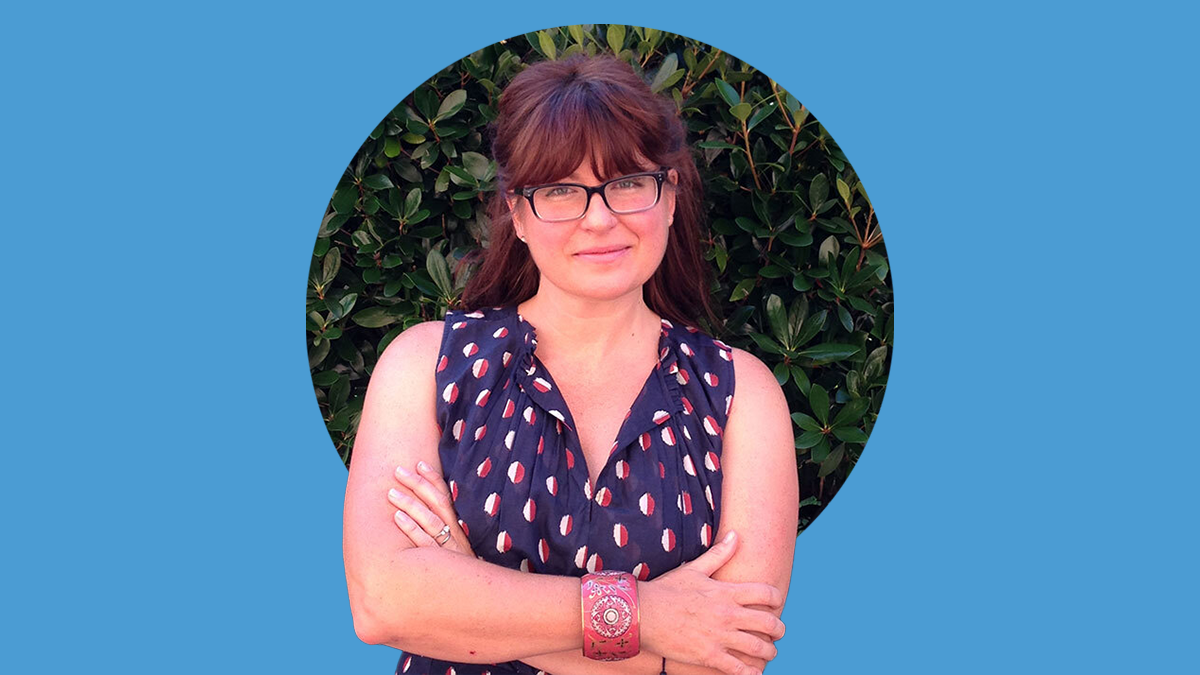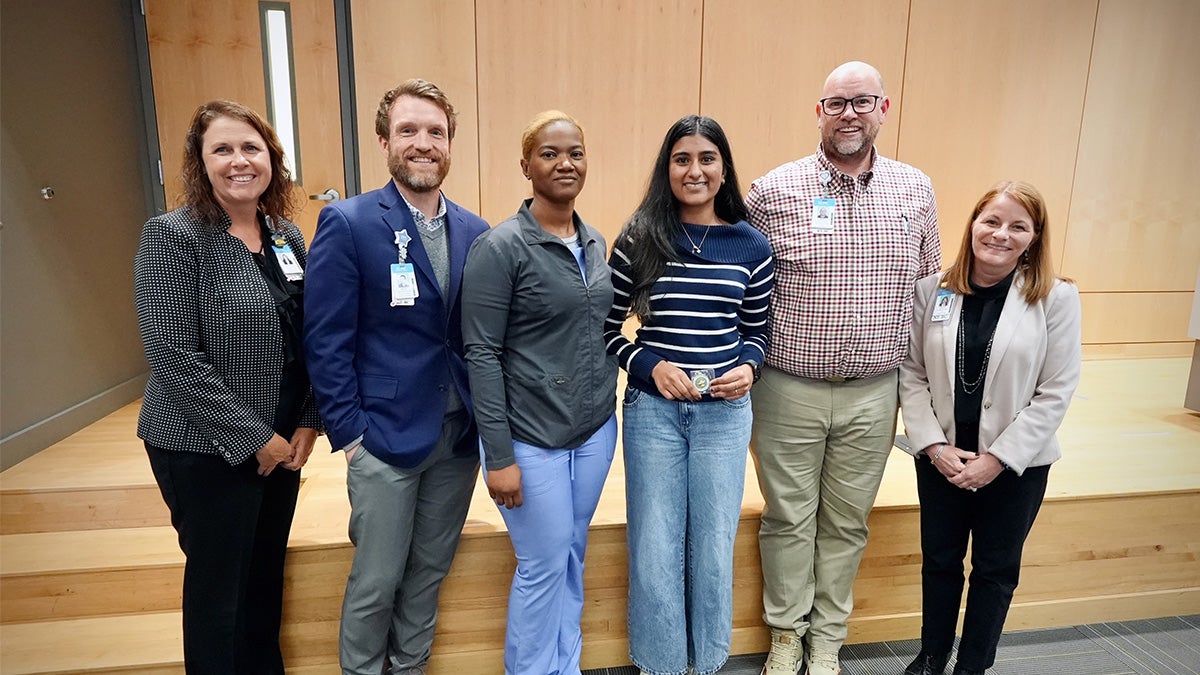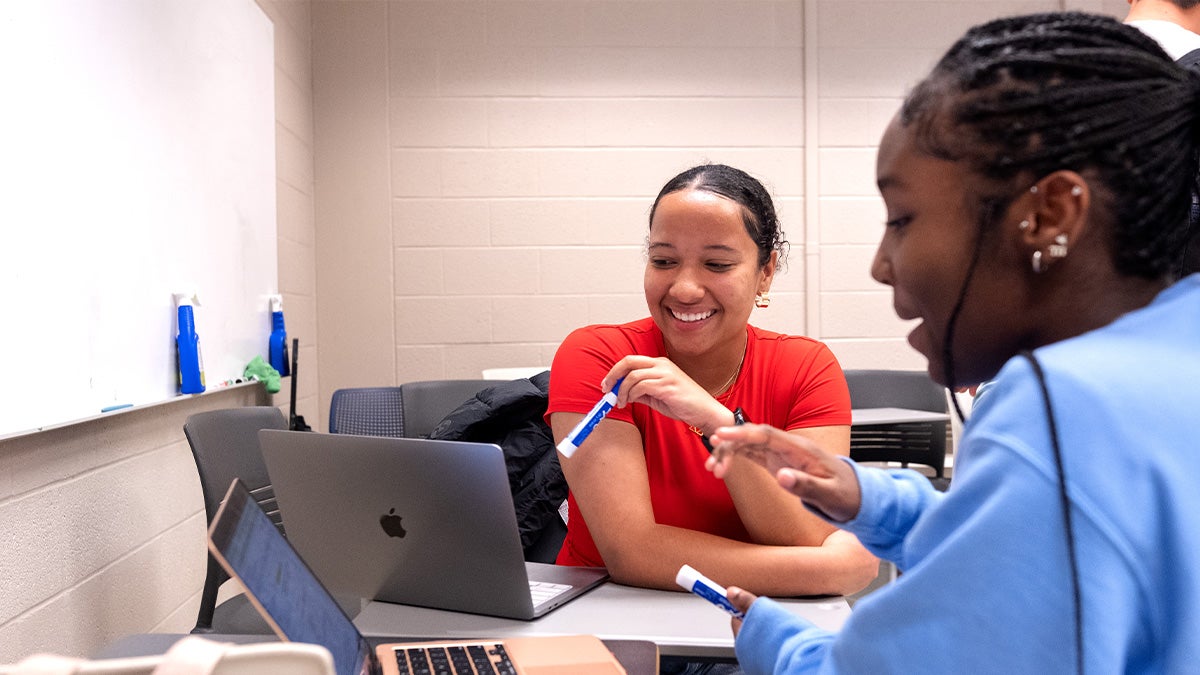Ombuds Office celebrates 20 years
Learn how this confidential resource supports Tar Heels through constructive approaches to challenges.
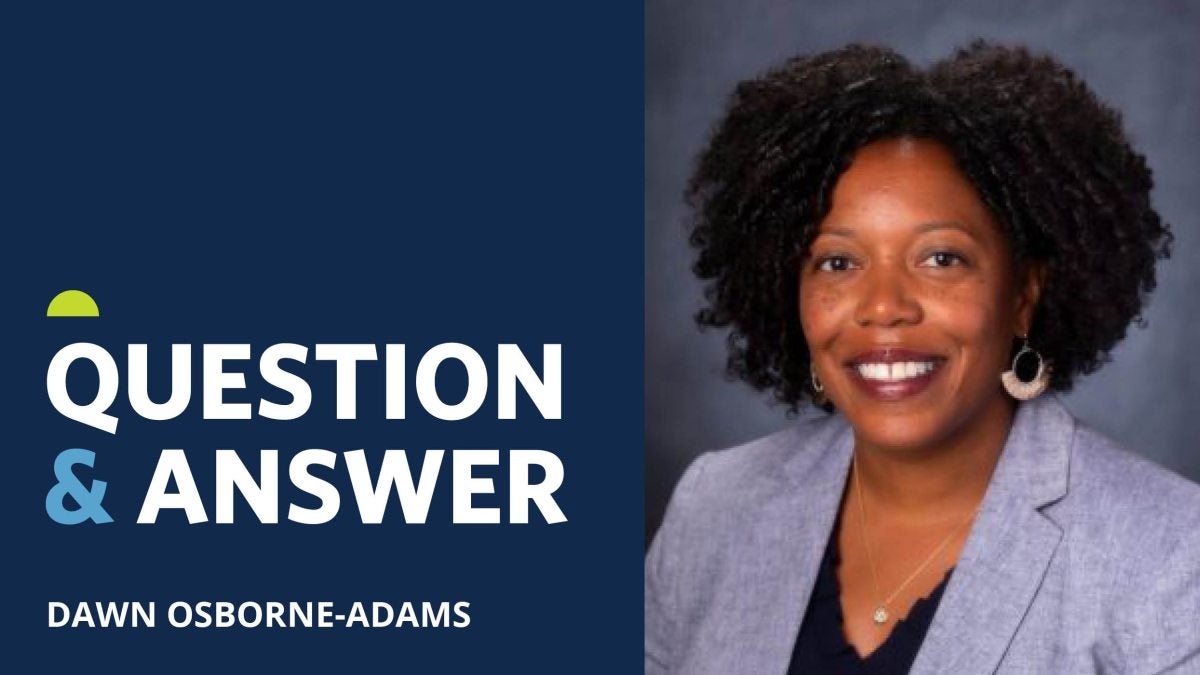
The University Ombuds Office provides a protected space for Tar Heels to talk in confidence about any campus challenge, issue or conflict. The office serves staff, students, faculty, administrators and post-doctoral scholars, along with campus units. Through consultation, facilitation and education, the office supports thoughtful decision-making, fair processes and constructive approaches to conflict.
As the office celebrates 20 years, University Ombuds Dawn Osborne-Adams sat down with The Well to talk about the office’s role and success.
Can you explain what the Ombuds Office does — and who at the University can use your services?
The Ombuds Office is a unique resource where anyone with a campus-related issue can have a confidential and informal conversation with an independent and impartial ombuds. Our office helps Tar Heels work through conflicts and challenges, so they can return to their primary purpose at the University. While difficult in the moment, conflict is also necessary for the learning, innovation and excellence that are dynamic hallmarks at institutions like Carolina. We try to create a space where thoughtful deliberation can lead to creative and constructive ways of addressing challenges.
Confidentiality is a core ethical principle for the Ombuds Office. Why is confidentiality important and what sort of records does your office keep?
A confidential environment is essential for effective problem solving, especially with complex or novel issues — you can’t really address a situation that you can’t speak completely candidly about. Despite our best efforts, there will always be structural disincentives to being completely candid in a workplace, learning or living environment. To enhance that confidentiality, our office doesn’t keep any identifying records on behalf of the University. We appreciate questions about how we work and our office charter, which articulates why the office exists, what authority we have and don’t have, our ethical principles and what to expect, helps to shed light on our services. The FAQ section on our website also answers questions about how our office functions and what you can expect if you engage us.
The office has a strong record of leadership locally, regionally and nationally. How has the program proven to be so successful?
There are two main ingredients to the office’s longevity and success: its staff and the University’s support. Creating an ombuds office was the first recommendation of the Task Force for a Better Workplace, a collaborative effort between the Employee Forum and then-Chancellor Moeser’s office. Wayne Blair, Laurie Mesibov and Victoria Dowd diligently turned the idea of an ombuds office into an impactful reality. Our current team — Josh Canzona, Victoria and I — benefit tremendously from the legacy of care that grew this office, and we are committed to carrying that spirit forward. I have now worked with three chancellors, all of whom have supported our ethical principles, and we couldn’t have a more supportive campus community. I’m proud to lead an office that also impacts the ombuds field at both state and national levels.
How are you celebrating two decades of service to the University?
We are hosting a celebration May 2 from noon to 3:30 p.m. at Graham Memorial, with a lunchtime reception followed by a guest lecture on “Thinking Critically About Fairness.” It’s open to all members of the campus community, and details and RSVP information are on our website.
What do you see in the office’s future?
We’re constantly thinking about how our small team can meet the needs of an institution of this scale, so one project we’re working on is building an online resource library. It will house a range of information related to effective communication, healthy conflict engagement and fair process. I see our office continuing to be a trustworthy resource that creates conditions for interactions that can’t happen anywhere else on campus and pursuing our mission to enhance both individual and institutional well-being. Our work as ombuds is evergreen. We encourage people to talk with one another directly, pick up the phone instead of texting, ask a clarifying question instead of jumping to conclusions, and gather information before making decisions. When I think about the future, much of what we do is so old-fashioned, it’s actually innovative.
